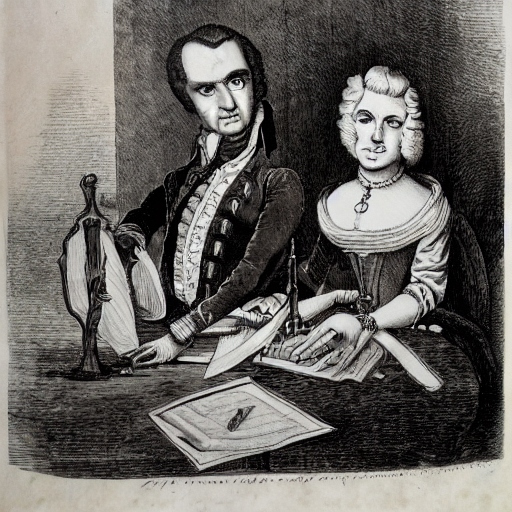The Importance of an Emergency Fund: Why You Need One and How to Build One
An emergency fund is a crucial part of a healthy financial plan. It’s a savings account that you can use to cover unexpected expenses or financial emergencies, such as a sudden job loss or a medical emergency. Here’s why you need an emergency fund and how to build one:
Why you need an emergency fund
- To cover unexpected expenses: Life is full of surprises, and unexpected expenses can pop up at any time. An emergency fund can help you cover these expenses without having to turn to high-interest credit card debt or other risky financial solutions.
- To protect your financial stability: A financial emergency can be stressful, especially if you don’t have the resources to deal with it. An emergency fund can help you maintain your financial stability and avoid making hasty financial decisions that could have long-term consequences.
- To provide peace of mind: Knowing you have an emergency fund can provide peace of mind and allow you to focus on other aspects of your life, rather than worrying about how you’ll pay for unexpected expenses.
How to build an emergency fund
- Determine how much you need: A good rule of thumb is to aim for an emergency fund that can cover at least three to six months’ worth of living expenses. This will provide a cushion if you experience a financial emergency and need to rely on your savings.
- Find ways to save: Building an emergency fund can take time, but there are several ways you can save money towards your fund:
- Cut back on unnecessary expenses: Look for ways to trim your budget and redirect the money you save towards your emergency fund.
- Save your windfalls: If you receive a bonus at work or a tax refund, consider using it to boost your emergency fund.
- Automate your savings: Consider setting up automatic transfers from your checking account to your emergency fund to make saving easier.
- Choose the right account: Look for a high-yield savings account or money market account to maximize the interest you earn on your emergency fund. It’s also a good idea to keep your emergency fund in a separate account to avoid the temptation to dip into it for non-emergency expenses.
An emergency fund is an essential part of a healthy financial plan. By building one and maintaining it over time, you can protect your financial stability and achieve peace of mind.







